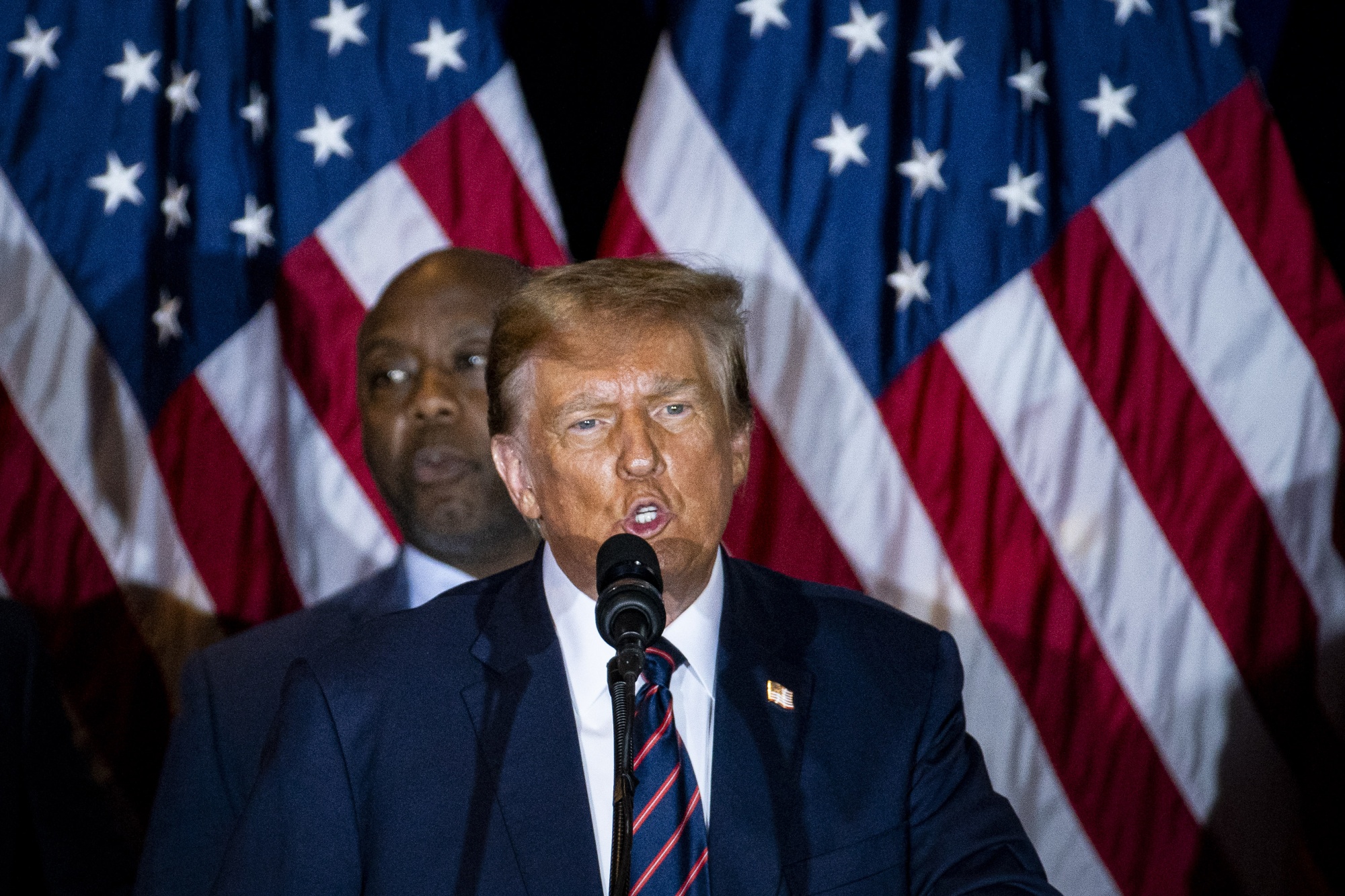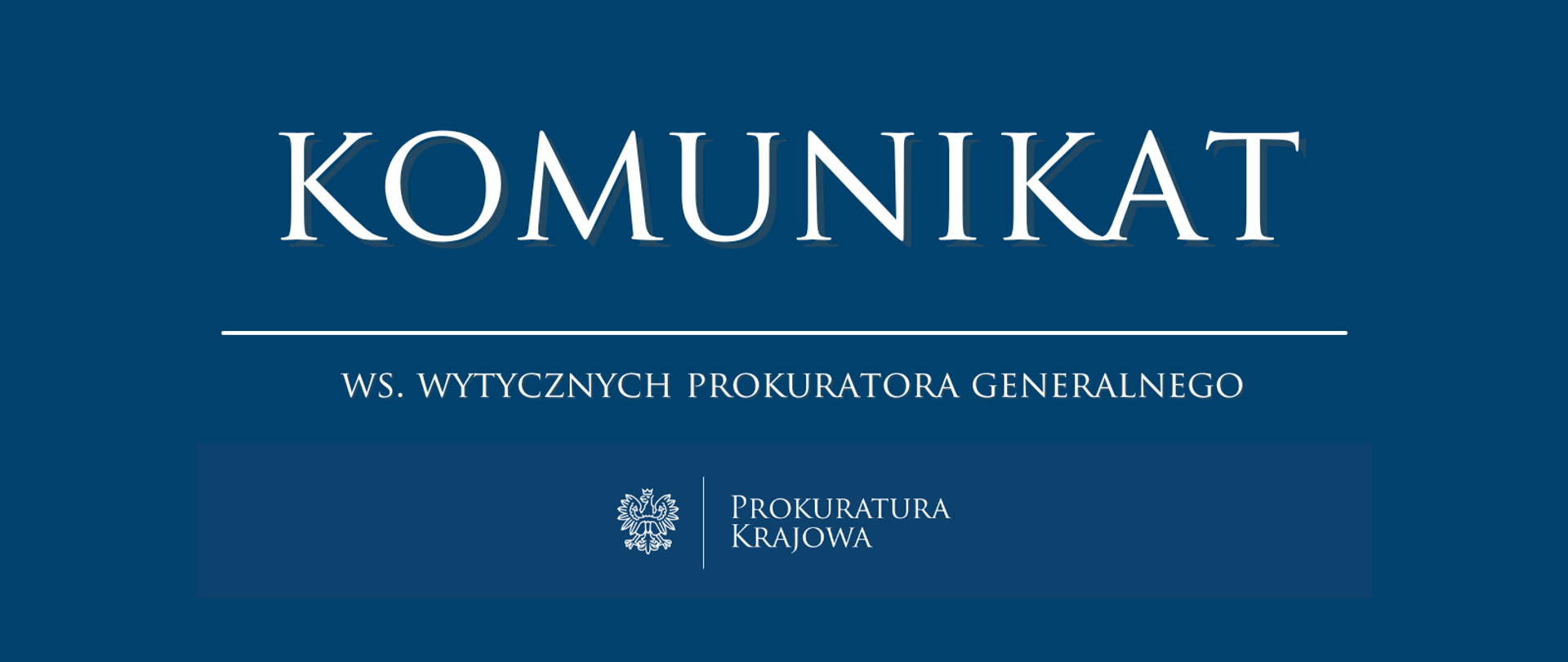Key Details Of The Trump Administration's Decision On The Nippon-U.S. Steel Deal

Table of Contents
The Proposed Merger and its Implications
The proposed merger involved Nippon Steel's attempt to acquire a significant stake in a major U.S. steel producer (the specific company was [Insert Name of US Steel Company Here]). This merger had the potential to reshape the global steel landscape.
Potential Benefits:
- Increased Efficiency: Combining operations could lead to economies of scale, reducing production costs and increasing competitiveness.
- Technological Advancement: Access to each other's technologies and expertise could spur innovation and create superior steel products.
- Enhanced Market Share: A combined entity would command a larger market share, potentially improving pricing power.
Potential Drawbacks:
- Reduced Competition: A merged entity could stifle competition, potentially leading to higher prices for consumers and reduced choices.
- Job Losses: Consolidation might lead to plant closures and workforce reductions in either the U.S. or Japan.
- Antitrust Concerns: The merger could face significant antitrust scrutiny due to the potential for monopolistic practices.
Keywords: "Merger," "Acquisition," "Antitrust," "Competition," "Market Share."
The Trump Administration's Review Process
The Trump administration's review of the Nippon-U.S. steel deal fell under the purview of the Committee on Foreign Investment in the United States (CFIUS). This interagency committee scrutinizes foreign investments in U.S. companies to assess potential national security risks.
- CFIUS Investigation: CFIUS conducted a thorough investigation, evaluating the deal's potential impact on various sectors.
- National Security Concerns: A primary focus was on whether the merger could compromise U.S. national security, particularly concerning the supply chain for critical steel products used in defense and infrastructure.
- Economic Impact Assessment: The administration also considered the deal's economic implications, analyzing potential effects on jobs, prices, and competition within the U.S. steel industry.
- Public Statements: [Insert details of any public statements or official communications released by the Trump administration during the review process].
Keywords: "CFIUS," "National Security Review," "Economic Impact Assessment," "Regulatory Process," "Trade Policy."
The Administration's Decision and Rationale
The Trump administration's final decision on the Nippon-U.S. steel deal was [Insert Decision: Approval, Rejection, or Conditions Imposed].
- Rationale: [Insert a detailed explanation of the administration's reasoning. Did national security concerns outweigh economic benefits? Were there specific concessions made by Nippon Steel or the U.S. company to secure approval?].
- Concessions: [Specify any concessions or modifications made by either party to address the administration's concerns, such as commitments to maintain production levels or invest in U.S. facilities].
Keywords: "Approval," "Rejection," "Conditions," "National Security Concerns," "Economic Considerations."
Consequences and Long-Term Effects
The Trump administration's decision had significant short-term and long-term consequences for the U.S. and Japanese steel industries.
- Short-Term Impact: [Describe the immediate effects on job creation/loss, steel prices, and market competition].
- Long-Term Implications: [Analyze the long-term consequences for the global steel market, including potential shifts in production, pricing, and technological advancements. Consider the impact on U.S. and Japanese steel companies' competitiveness].
- Subsequent Actions: [Mention any subsequent actions or reactions from involved parties, including responses from other countries or international organizations].
Keywords: "Impact," "Consequences," "Long-Term Effects," "Global Steel Market," "Job Creation," "Price Volatility."
Conclusion: Assessing the Trump Administration's Legacy on the Nippon-U.S. Steel Deal
The Trump administration's decision on the Nippon-U.S. steel deal serves as a compelling example of the complex interplay between national security concerns, economic considerations, and international trade policy. The arguments for the merger centered on economic efficiencies and technological advancements, while concerns focused on reduced competition and potential national security risks. The administration's final decision, [reiterate the decision], significantly shaped the future of the U.S. and Japanese steel industries. Its long-term ramifications continue to unfold, impacting global steel market dynamics, pricing, and technological innovation.
Stay informed about the latest developments in U.S.-Japan trade relations and the ongoing impact of the Trump administration's decisions on future Nippon-U.S. steel deals. Learn more about the intricacies of CFIUS reviews and their impact on international mergers and acquisitions.

Featured Posts
-
 Upcoming Horror Film Sinners Filmed In The Bayou State
May 26, 2025
Upcoming Horror Film Sinners Filmed In The Bayou State
May 26, 2025 -
 The China Factor Analyzing Challenges For Luxury Car Brands
May 26, 2025
The China Factor Analyzing Challenges For Luxury Car Brands
May 26, 2025 -
 Naomi Kempbell Vrazhayucha Poyava U Biliy Tunitsi Na Shou Biznes Zakhodi V Londoni
May 26, 2025
Naomi Kempbell Vrazhayucha Poyava U Biliy Tunitsi Na Shou Biznes Zakhodi V Londoni
May 26, 2025 -
 Dlaczego Prokuratorzy Uciekaja Od Pytan Analiza Blamazu W Polsce24
May 26, 2025
Dlaczego Prokuratorzy Uciekaja Od Pytan Analiza Blamazu W Polsce24
May 26, 2025 -
 A Stunning Solo Victory For Pogacar At The Tour Of Flanders
May 26, 2025
A Stunning Solo Victory For Pogacar At The Tour Of Flanders
May 26, 2025
